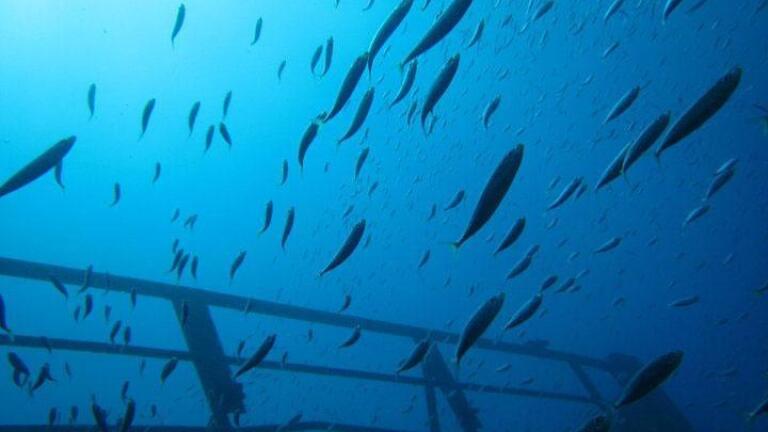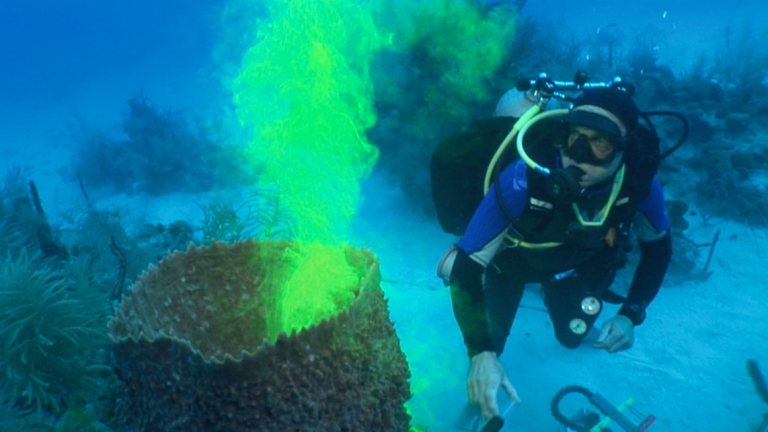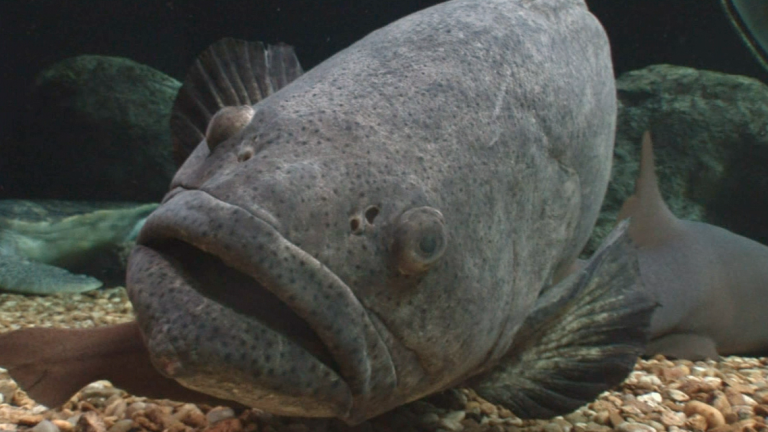











Produced by South Florida PBS in Miami, Florida, "Changing Seas" gives viewers a fish-eye view of life in the deep blue. Join scientists as they study earth’s last frontier and discover the mysteries of our liquid planet.

Through non-invasive in-water observation, Dr. Denise L. Herzing researches the dolphins’ social structure, behaviors and communication. Now modern technology is making it possible to correlate the dolphins’ sounds and behavior, bringing Herzing and her collaborators closer to decoding dolphin communication.
Deep underwater, on a shipwreck near Key West, lives a tiny potential new threat. Being in the right place at the right time, one expert spotted it and immediately knew that it didn’t belong. Researchers want to know where this new species came from, and whether its sudden appearance spells disaster for the delicate coral reef ecosystem in the Florida Keys.
While American crocodiles are recovering in parts of their range, their future looks bleak in Jamaica. Habitat loss and poaching for meat have led to a drastic decline in the population. Dedicated scientists and conservationists are working to save the species through research, education, and conservation initiatives.
Flats fishing is popular with recreational anglers in the Caribbean and the Florida Keys. But until recently, little was known about tarpon, bonefish and permit – the species most coveted by sports fishermen. Now scientists are studying the fish to better understand their movements, habitat, and spawning behaviors.


























Produced by South Florida PBS in Miami, Florida, "Changing Seas" gives viewers a fish-eye view of life in the deep blue. Join scientists as they study earth’s last frontier and discover the mysteries of our liquid planet.











